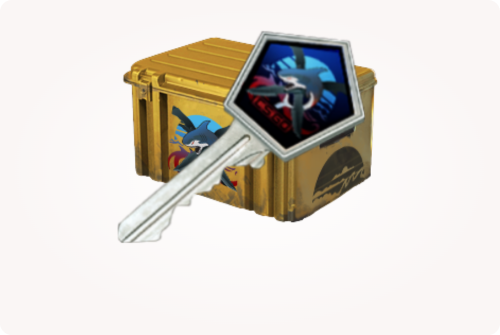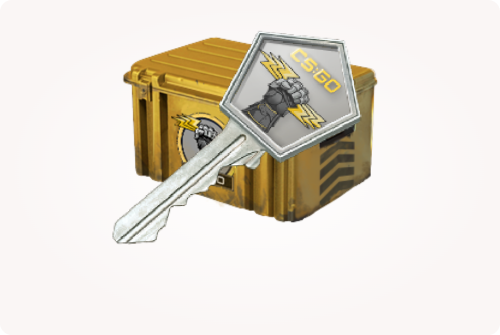A Guide to Creating CSGO Servers
Counter-Strike: Global Offensive (CS:GO) continues to be a game that stands the test of time. For those who want to elevate their gaming experience, creating private CSGO servers can be an exciting journey. This comprehensive guide will walk you through the steps to set up your private CSGO server, from hardware requirements to troubleshooting common issues.

Hardware Requirements
First and foremost, ensure you have robust hardware to run the server. CSGO is a resource-intensive game, and setting up a server requires a powerful machine or a rented cloud server. Ideally, your server should have an 8-core CPU, 16GB of RAM, and ample storage space for game files and player data.
Installing the Operating System
Choose an operating system that suits your server’s hardware. Most server administrators opt for Linux distributions like Ubuntu or Debian due to their stability, ease of maintenance, and high customizability.
Downloading and Installing SteamCMD
Download SteamCMD from the official Steam website and install it on your server. SteamCMD is the tool used to install and update your CSGO server. The installation process might take some time as it involves downloading a large number of game files.
Setting Up the CSGO Server
Once SteamCMD is installed, set up your CSGO server. Create a dedicated folder for server files and configure the server settings according to your needs. Modify the server configuration file to set the game mode, maps, player numbers, and other game rules.
Launching and Managing the Server
After configuring the settings, use SteamCMD to launch your CSGO server. Execute the necessary command-line instructions to start the server and ensure it’s accessible via the internet. Use SteamCMD to update the server regularly, keeping it in sync with the latest game version. Manage the server by monitoring log files and using console commands to add or remove players and manage user permissions.
Troubleshooting Server Issues
Here are a few solutions to common problems with CSGO servers, such as connection failures or server bans:
- Optimize Network: Network issues can prevent smooth gameplay. Using a gaming accelerator tool can help solve connection failures or server bans.
- Restart the Computer: Connection failures or server bans could be due to file reading errors. Restarting the computer and reopening CSGO can help resolve these issues.
- Refresh Computer Network: Refreshing your computer’s network can also help address connection failures or server bans.
Conclusion
Setting up your own CSGO server can be a rewarding experience, providing you the joy of being a server owner and the convenience of connecting anytime. It may seem daunting at first, but with the right hardware, tools, and guidance, you’ll be on your way to creating a server that provides endless hours of CSGO fun.
Top Picks

kilowatt case
$23.82 – $60.87

Operation Riptide Case
$65.62 – $145.83

Glove Case
$62.36 – $155.89



















